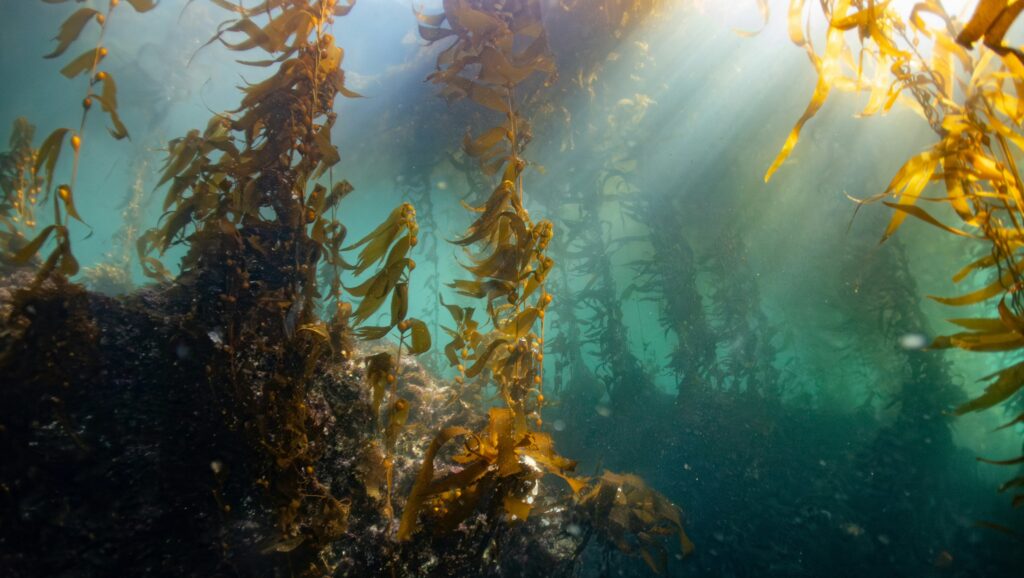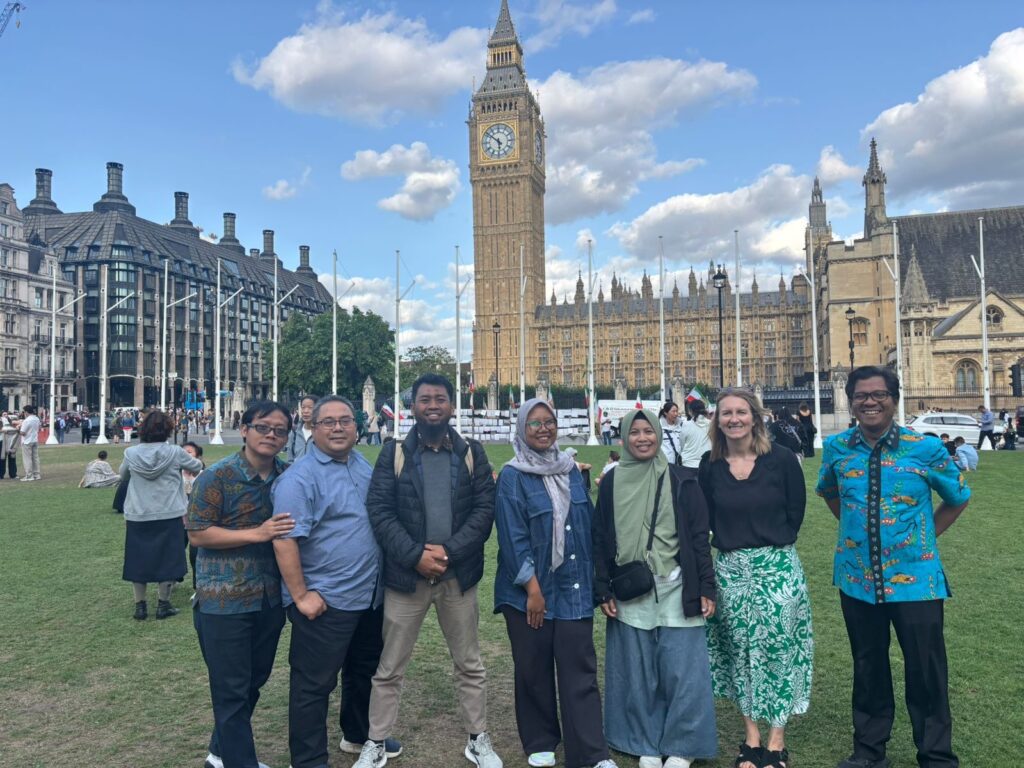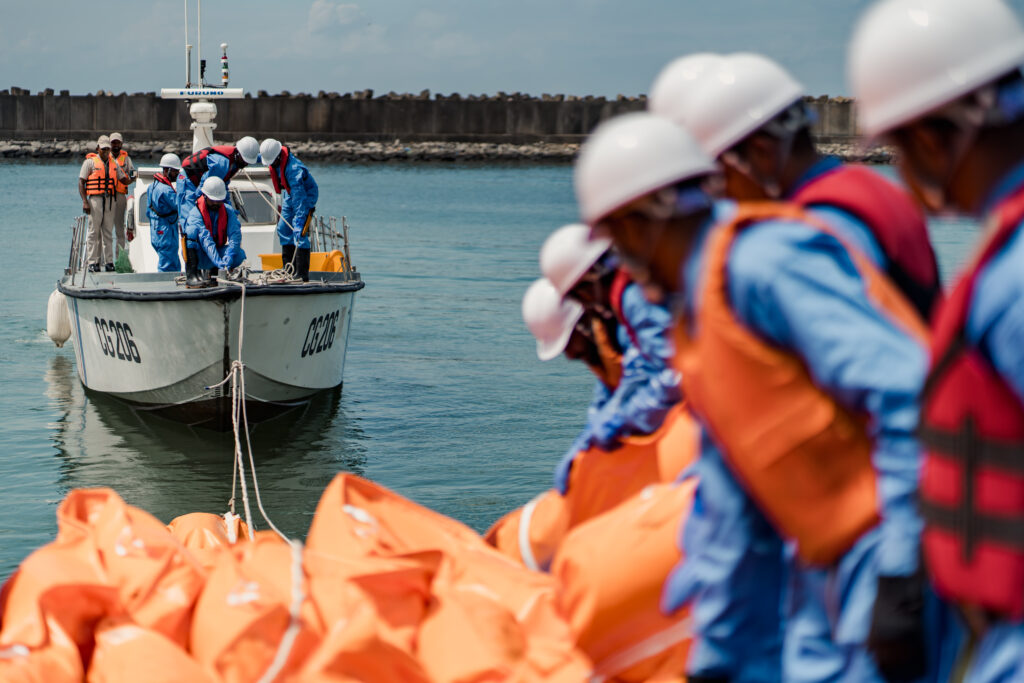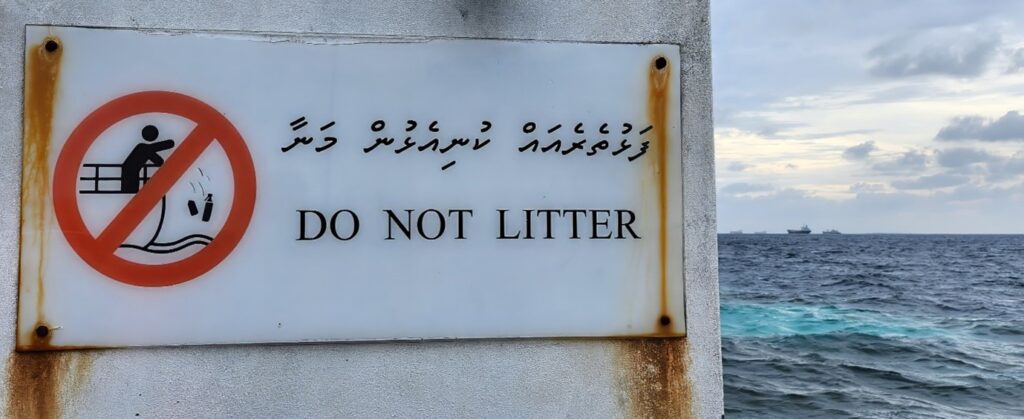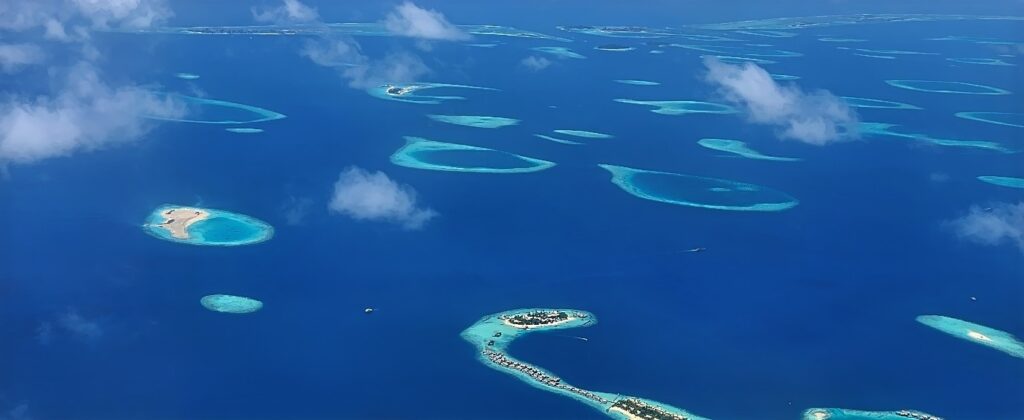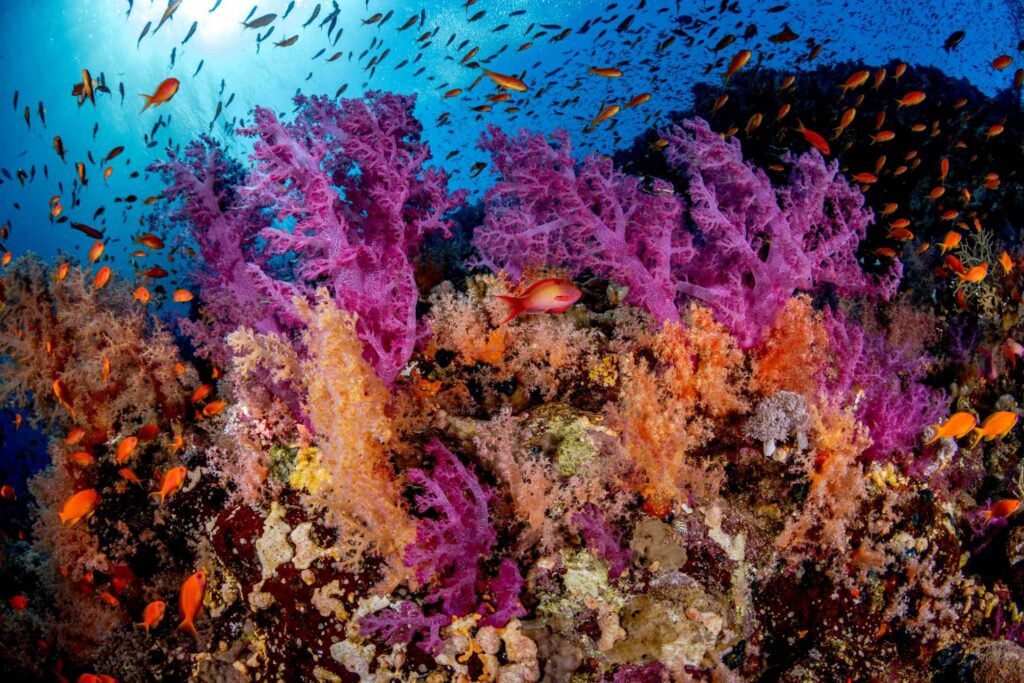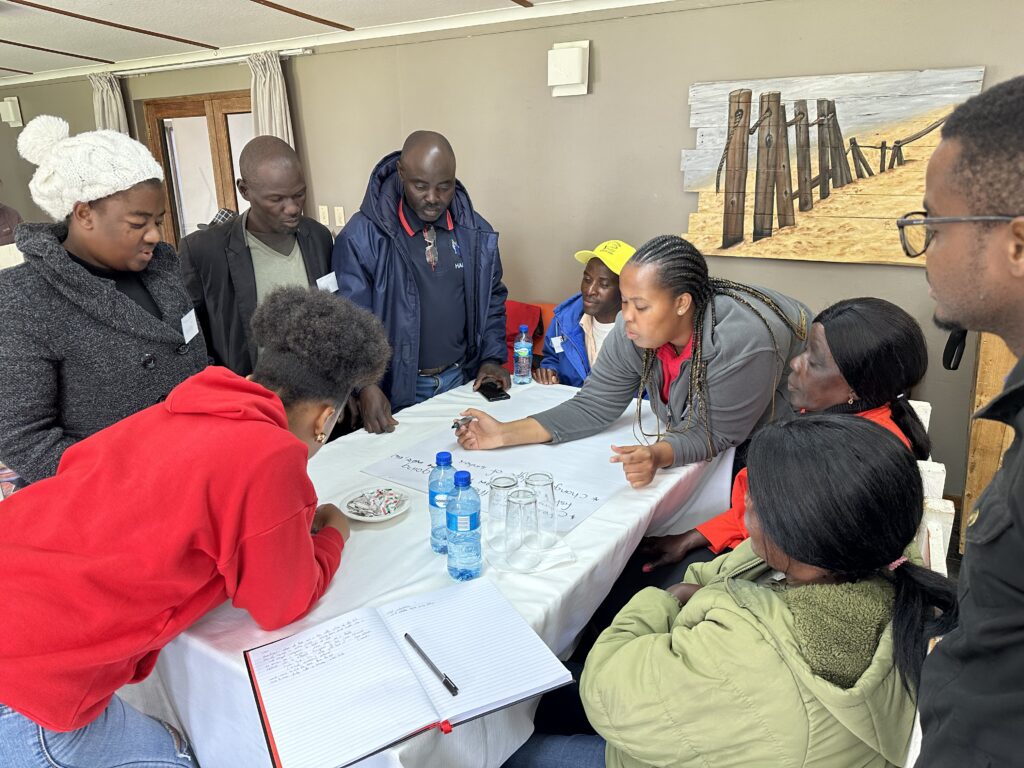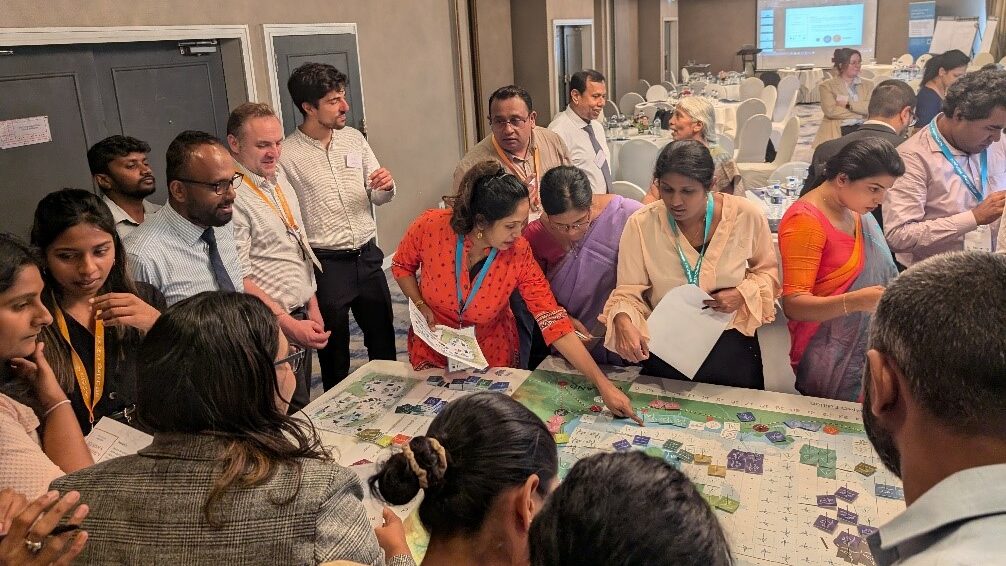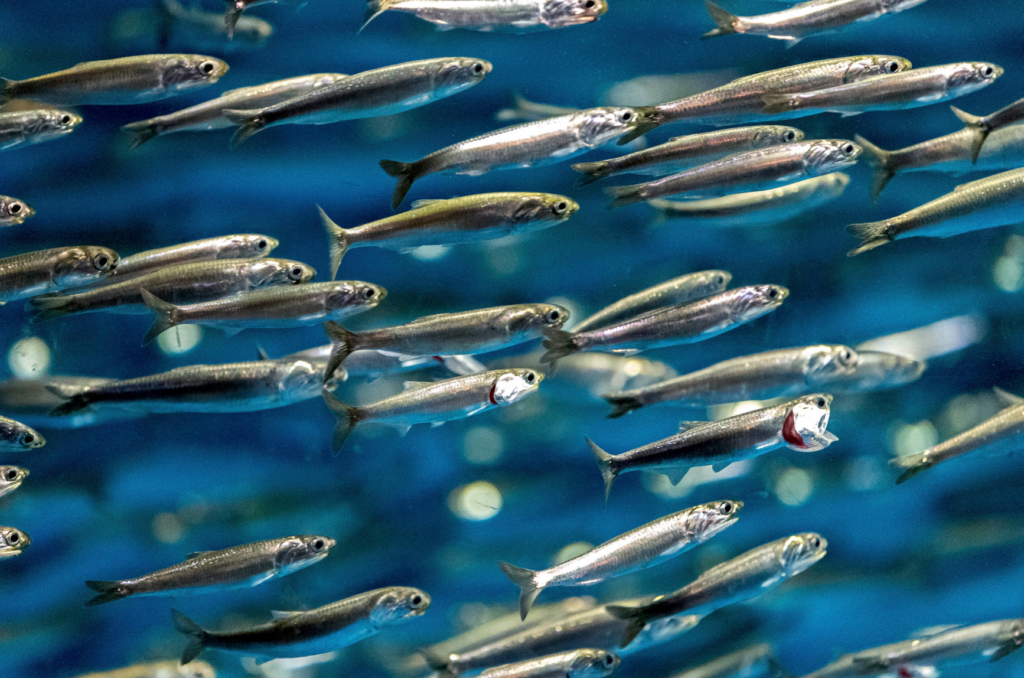As world leaders gather in Belém, Brazil, this week for the UN Climate Change Conference COP30, the role of nature-based solutions in addressing climate change is once again under the spotlight.
Written by Efin Muttaqin, Programme Manager for the Rekam Nusantara Foundation, and Jo Murray, Marine Wildlife Trade and Bycatch Lead at Cefas. “The greatest challenge of the 21st century is to raise a new generation that understands the importance of …
By Sarah Allison The Ocean Country Partnership Programme is a bilateral technical assistance and capacity building programme that provides tailored support to countries to manage the marine environment more sustainably, including by strengthening marine science expertise, developing science-based policy and …
Authors: Angharad Elliman, Freya Goodsir, Todd Last From November 12th to 22nd, 2024, the Ocean Country Partnership Programme (OCPP) teams from Cefas and JNCC, embarked on a technical visit to Sri Lanka. This visit was part of a broader effort …
In October, the Ocean Country Partnership Programme (OCPP) team from Cefas visited the Maldives to enhance local expertise in the collection of data from fishers, water quality monitoring and OSPAR methods of beach monitoring. The visit began with adverse weather …
In July the Ocean Country Partnership Programme (OCPP) team from Cefas visited Maldives to attend the Fifth Maldives Marine Science Symposium and to progress work with various OCPP partners. Aerial view of Maldives islands The Ocean Country Partnership Programme (OCPP) …
Coral reefs are vital for our oceans. They are among the most diverse and productive ecosystems on the planet, providing habitat for a vast array of marine life. They also provide livelihoods for over 600 million people, and coastal protection …
In this Q&A, Georg Engelhard Principal Marine Climate Change and Fisheries Scientist at Cefas, discusses a new One Ocean Hub paper titled “Climate risk assessment of the fisheries in Namibia” and its associated policy paper. It is the outcome of …
Authors: Lois Duff, Hannah Lawson A team from the Joint Nature Conservation Committee (JNCC) and the Marine Management Organisation (MMO) travelled to Sri Lanka in July 2024 to build on the support offered through the Ocean Country Partnership Programme (OCPP). …
Climate change is altering the distribution of many marine fish species, with widespread impacts on biodiversity, with the potential to jeopardise world food security. Most studies to date focus on how commercially exploited fish species will be affected by climate …
